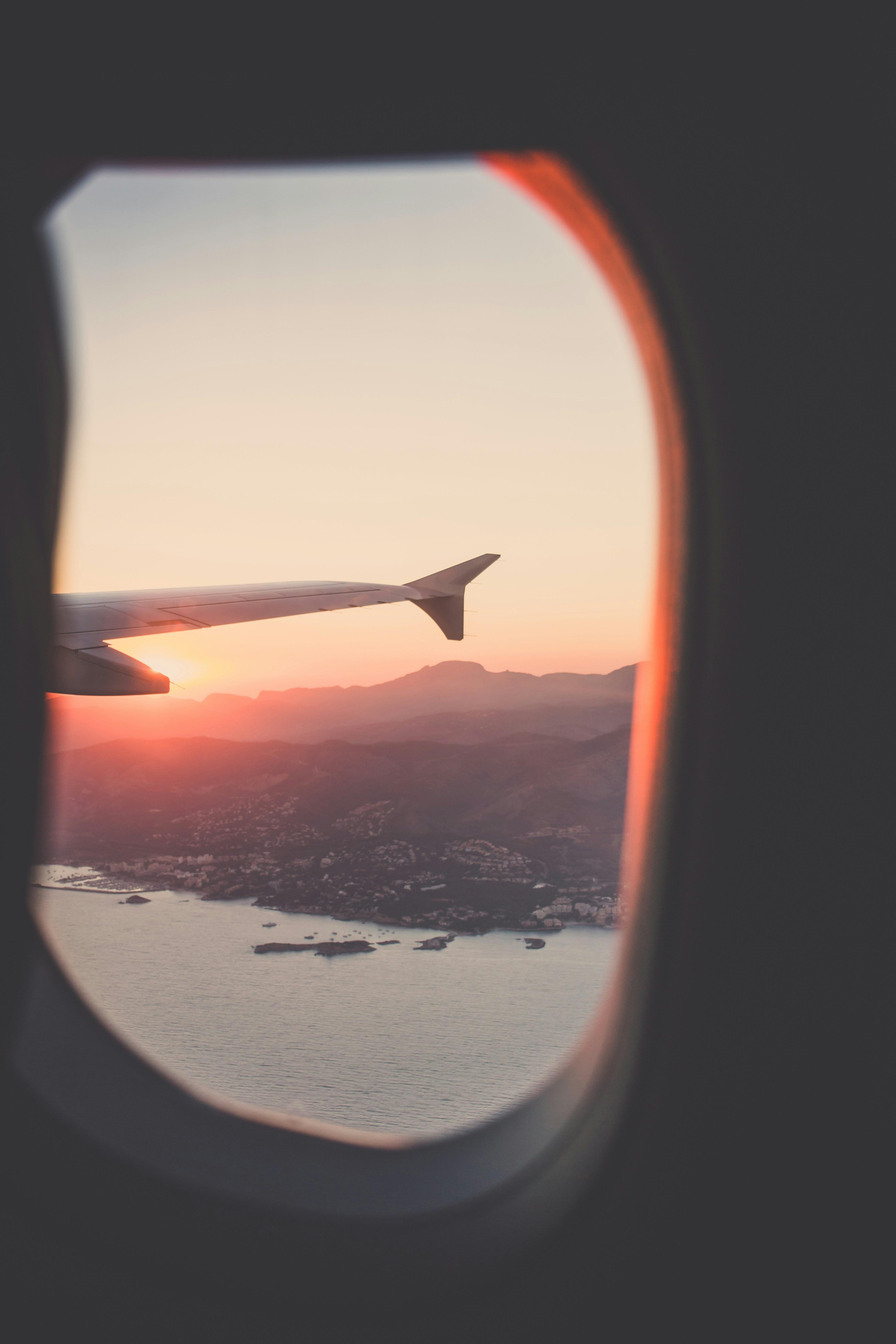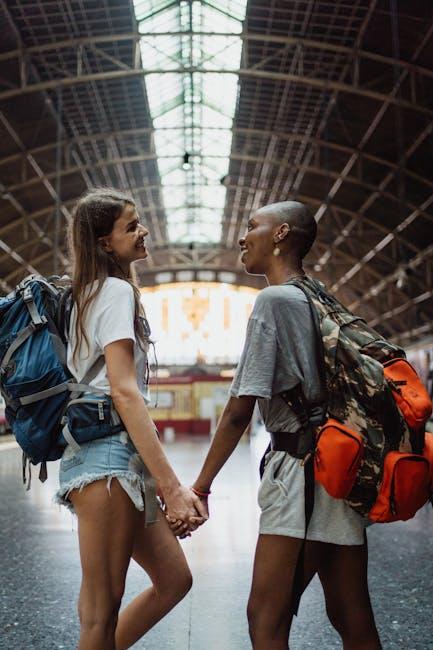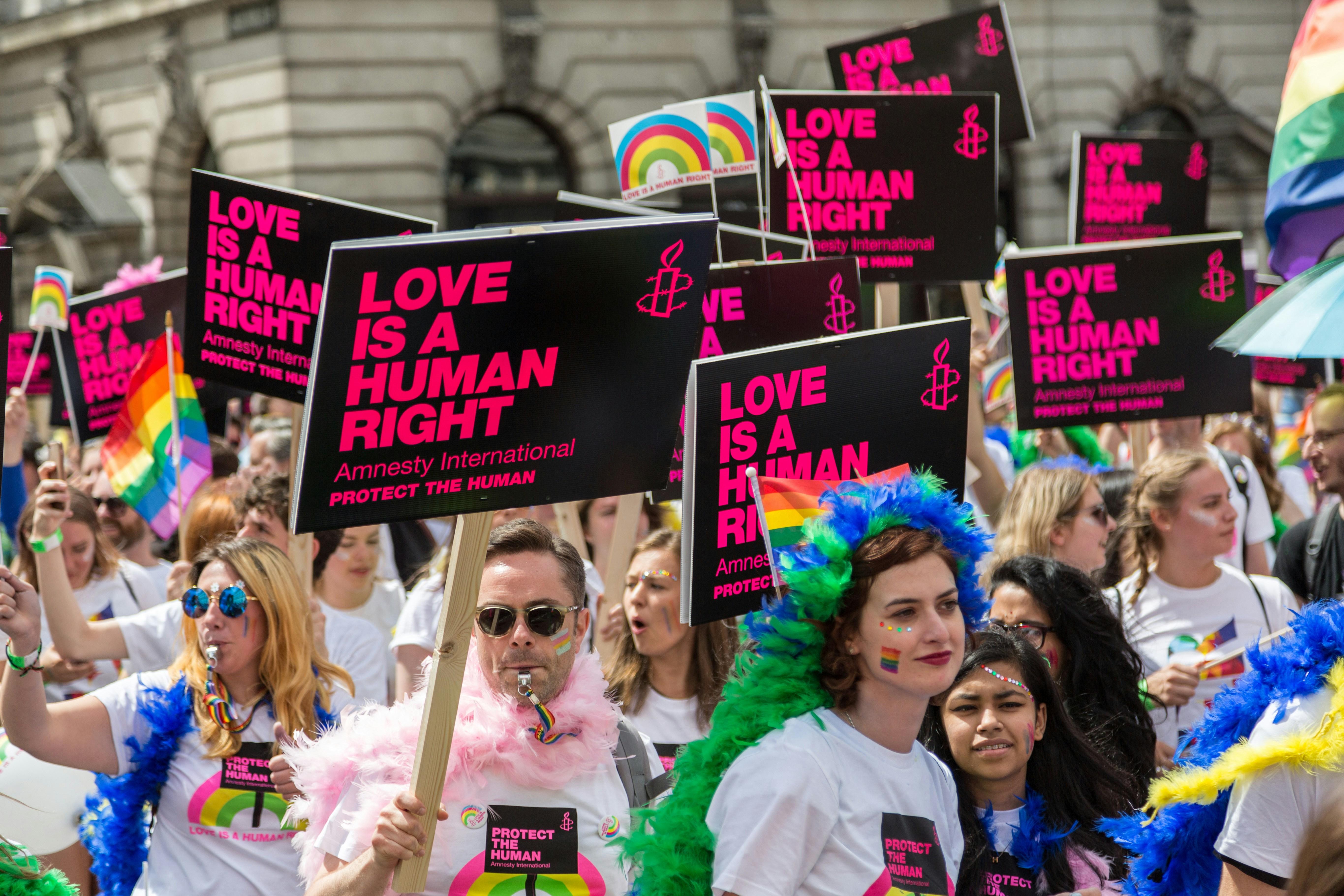In a world where the spirit of exploration knows no bounds, travelers are continually drawn to the vibrant tapestry of cultures, landscapes, and experiences that Africa offers. Yet, for LGBTQ+ travelers, the question of safety often accompanies the allure of adventure. With a continent as diverse as Africa, where traditions intertwine with modernity and progress often walks hand in hand with conservatism, understanding the landscape of acceptance and safety becomes paramount. This article delves into the complexities of navigating Africa as an LGBTQ+ traveler, shedding light on the varying degrees of openness, the challenges faced, and the pockets of hope that emerge amidst a continent in transition. Join us as we explore whether Africa can be a safe haven for LGBTQ+ travelers seeking both discovery and acceptance.
Understanding the Landscape: LGBTQ+ Rights Across African Nations
Traveling as an LGBTQ+ individual in Africa presents a complex and varied experience, as the continent’s nations have diverse approaches to LGBTQ+ rights and acceptance. While some countries have made significant strides towards equality and inclusion, others maintain strict laws against same-sex relationships. South Africa stands out as a beacon of progress, with its constitution explicitly prohibiting discrimination based on sexual orientation. In contrast, countries like Uganda and Nigeria have enacted harsh anti-LGBTQ+ laws, making them potentially dangerous for LGBTQ+ travelers.
- South Africa: Known for its progressive stance, it is often considered the most LGBTQ+-friendly country in Africa.
- Morocco and Egypt: While generally more conservative, these countries are popular tourist destinations, but travelers should exercise caution and discretion.
- Senegal and Tanzania: These nations uphold strict anti-LGBTQ+ laws, where same-sex acts can result in severe penalties.
Understanding the local culture and legal environment is crucial for LGBTQ+ travelers when planning a visit to Africa. By staying informed and respecting local customs, travelers can navigate the diverse landscape of rights and attitudes with greater safety and awareness.

Cultural Sensitivities: Navigating Social Norms and Traditions
When exploring the vibrant and diverse continent of Africa, LGBTQ+ travelers must be mindful of the varied cultural landscapes and legal frameworks. While some countries like South Africa and Cape Verde have made strides in recognizing LGBTQ+ rights, others maintain conservative social norms. Understanding local customs and traditions is crucial to ensure a respectful and safe journey. Here are some aspects to consider:
- Local Laws: Research the legal status of LGBTQ+ rights in each destination. Some countries still criminalize same-sex relationships, which may affect public behavior.
- Social Attitudes: Even in regions where laws are progressive, societal acceptance can vary. Engaging with local communities and understanding their perspectives can provide valuable insights.
- Traditional Values: Many African cultures hold strong traditional beliefs. Acknowledging these customs while traveling can foster mutual respect and understanding.
- Travel Networks: Connect with LGBTQ+ travel groups and forums for firsthand experiences and advice. They can offer support and guidance tailored to specific regions.
By approaching each destination with an open mind and a respectful attitude, LGBTQ+ travelers can enjoy the rich tapestry of cultures that Africa has to offer, while navigating its social norms with care and sensitivity.

Safety Tips and Best Practices for LGBTQ+ Travelers in Africa
Exploring Africa can be a vibrant and enriching experience for LGBTQ+ travelers, but it’s important to prioritize safety and cultural awareness. Understanding the local laws and societal attitudes towards LGBTQ+ individuals is crucial. Here are some safety tips and best practices to consider:
- Research Local Laws: Before traveling, investigate the legal status of LGBTQ+ rights in your destination. In some countries, same-sex relationships may be criminalized, and it’s essential to know what to expect.
- Be Discreet: In regions where LGBTQ+ acceptance is limited, consider maintaining a low profile to avoid unwanted attention. This doesn’t mean hiding your identity, but rather being mindful of your surroundings.
- Connect with Local LGBTQ+ Communities: Engaging with local LGBTQ+ groups can provide valuable insights and support. They can offer advice on safe spaces and events, helping you to navigate the cultural landscape with confidence.
- Use Technology Wisely: Utilize apps and websites designed for LGBTQ+ travelers to find inclusive accommodations and activities. However, exercise caution when using dating apps, as they may be monitored in some areas.
- Stay Informed: Keep abreast of any travel advisories or updates from your country’s embassy or consulate, especially concerning LGBTQ+ safety in your destination.
By taking these precautions, LGBTQ+ travelers can enjoy the diverse cultures and breathtaking landscapes Africa has to offer, while ensuring their journey is both enriching and secure.

Finding Community: LGBTQ+ Friendly Destinations and Resources
Exploring Africa as an LGBTQ+ traveler requires a nuanced approach, as attitudes and laws regarding LGBTQ+ rights vary significantly across the continent. Some destinations are embracing inclusivity, offering a warm welcome and vibrant communities. Cape Town, South Africa, often referred to as the “gay capital of Africa,” is celebrated for its thriving LGBTQ+ scene, including events like the annual Cape Town Pride and the Out in Africa Gay and Lesbian Film Festival. Seychelles and Botswana have also made strides, with decriminalization of same-sex relationships and a more open-minded societal approach. These countries provide a more accepting environment, where travelers can connect with local LGBTQ+ communities and enjoy their stay without fear of discrimination.
To enhance your journey, consider tapping into a network of resources that cater specifically to LGBTQ+ travelers. Online platforms such as blank”>Gay Star News and blank”>IGLTA (International LGBTQ+ Travel Association) offer invaluable insights and updates on safe destinations and travel tips. You can also find supportive social groups and local LGBTQ+ organizations through apps like Meetup and Facebook, which help travelers connect with like-minded individuals and get insider knowledge on the best spots to visit. It’s crucial to stay informed and respect the cultural contexts of each destination while seeking out those communities that celebrate diversity.
Key Takeaways
As we draw the curtain on this exploration of LGBTQ+ travel across the vast and varied landscapes of Africa, it becomes clear that the continent is a tapestry of contrasts. From vibrant cities where acceptance and celebration pulse through the streets, to regions where the shadows of conservatism still linger, the experiences of LGBTQ+ travelers are as diverse as Africa itself.
Navigating these terrains requires a blend of awareness, respect, and courage—qualities that travelers, regardless of their orientation, often possess in abundance. The stories of those who have journeyed before us remind us that the world is slowly changing, often in unexpected places. As Africa continues to evolve, it invites us to be part of its unfolding narrative—a story where every traveler has the potential to be both a student and a catalyst for change.
whether Africa is deemed “safe” depends on individual perspectives and experiences. Yet, the universal truth remains: travel is an act of discovery, and with open minds and open hearts, we find not only the beauty of distant lands but also a deeper understanding of ourselves and each other. Safe travels.

































